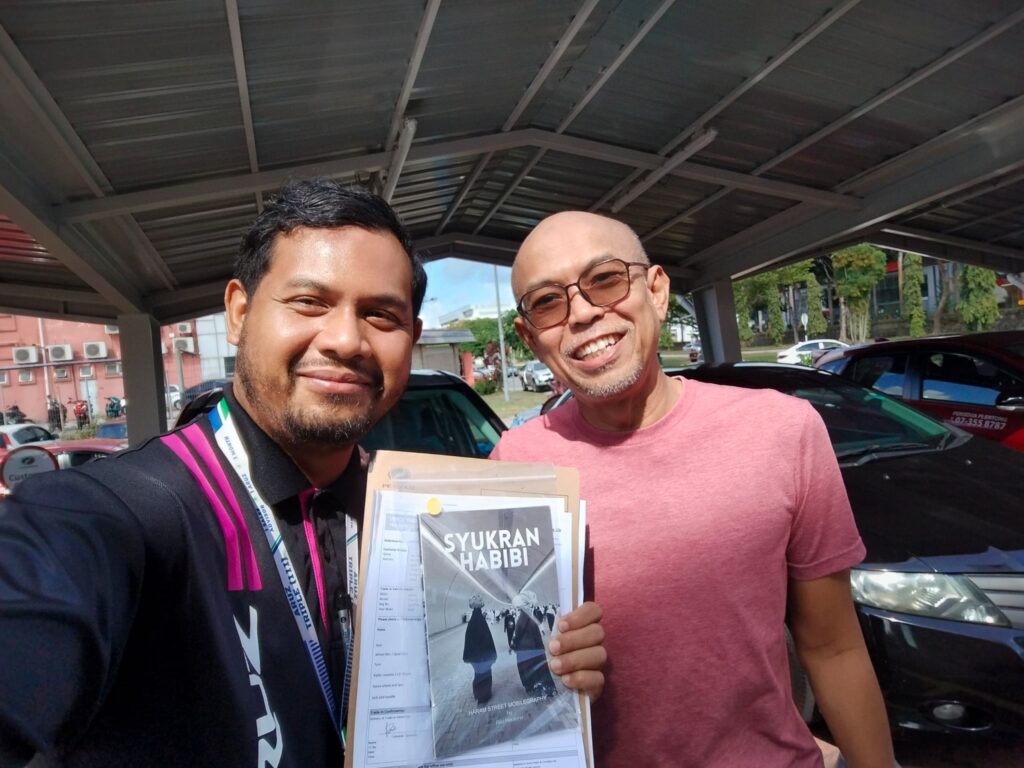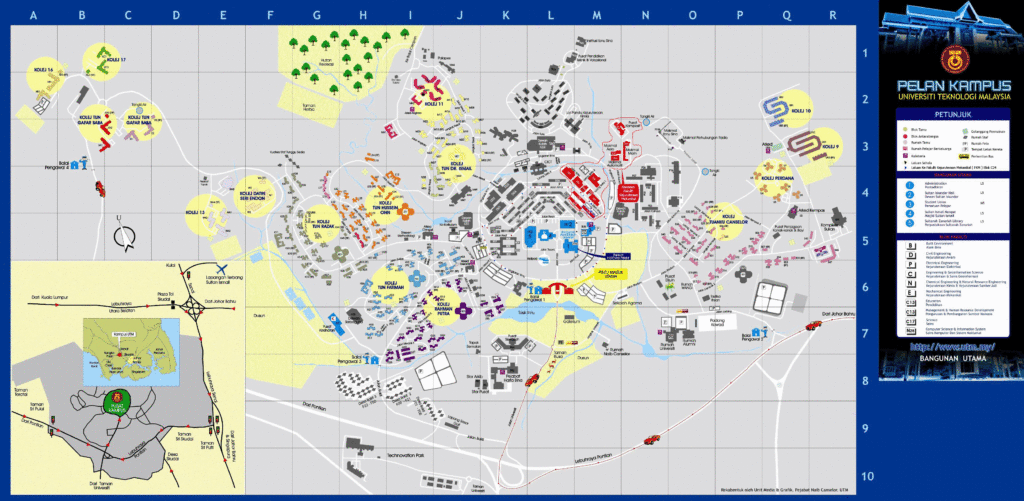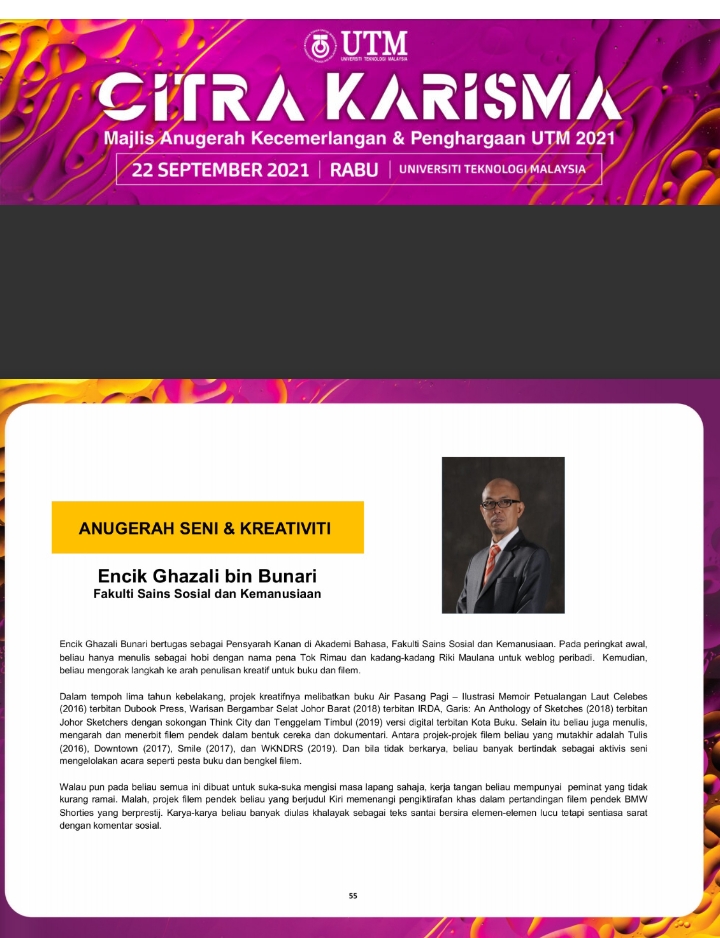
“Syukran Habibi” is a collection of street mobile-photography that offers a glimpse into the vibrant tapestry of faith, culture, and humanity that converges in the holy city of Mecca. The book contains reflections on the overwhelming experience of the pilgrimage of 1445H. Riki Maulana writes, sketches, and photographs out of his restlessness. He also produced books under independent banners. “Syukran Habibi,” is his love letter to Mecca.


